A myth is a religion in which no one any longer believes
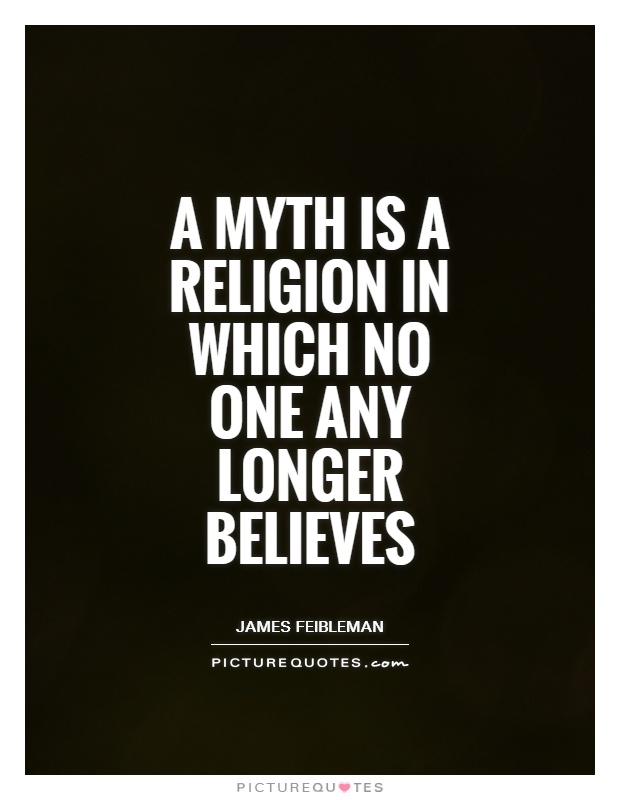
A myth is a religion in which no one any longer believes
James Feibleman was a philosopher known for his work in metaphysics, epistemology, and the philosophy of religion. One of his notable quotes is, “A myth is a religion in which no one any longer believes.” This statement encapsulates the idea that myths and religions are closely intertwined, but that the belief in a myth is no longer held by the majority of people in a society.Feibleman’s assertion raises interesting questions about the nature of myths and religions. Myths are often seen as stories or narratives that explain natural phenomena, cultural beliefs, or historical events. They can be found in various cultures and societies throughout history, serving as a way to make sense of the world and provide a framework for understanding the unknown. In this sense, myths can be seen as a form of early religion, as they often involve supernatural beings, rituals, and moral teachings.
However, as societies evolve and scientific knowledge advances, the beliefs and practices associated with myths may no longer hold the same significance or truth for people. This is where the distinction between myth and religion becomes apparent. While religions are often based on myths and sacred texts, they also involve a system of beliefs, practices, and institutions that are actively followed and upheld by a community of believers. In contrast, a myth that is no longer believed in may lose its religious significance and become simply a story or legend.
Feibleman’s statement can be interpreted as a commentary on the changing nature of belief systems and the role of myths in society. It suggests that myths may have once served as religious beliefs, but as societies progress and new worldviews emerge, these myths may lose their religious significance and become relegated to the realm of folklore or literature. This does not diminish the importance of myths, however, as they continue to shape cultural identities and provide insights into the human experience.
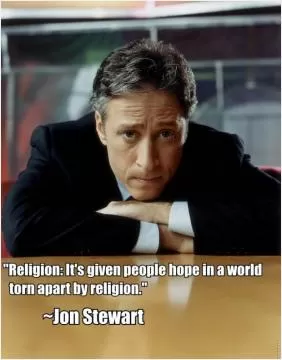
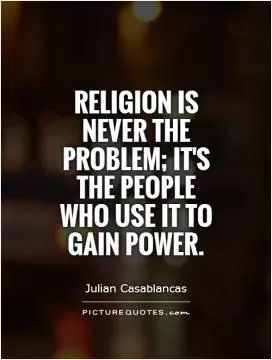
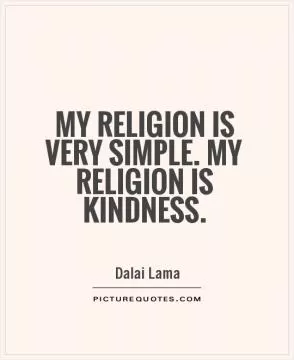

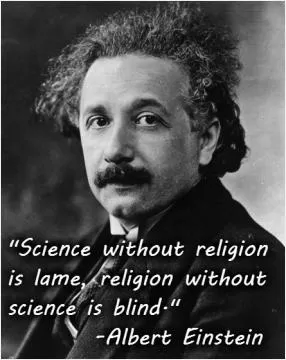
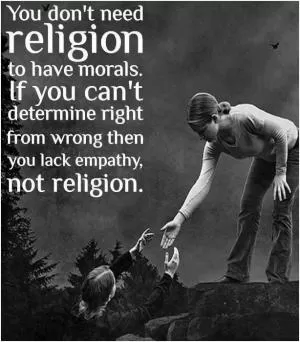
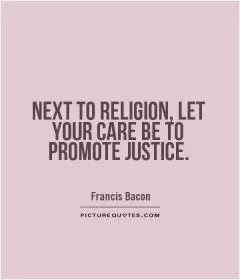
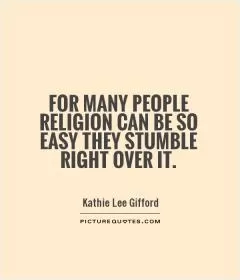

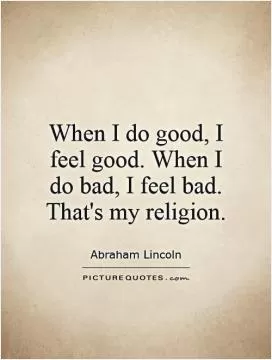
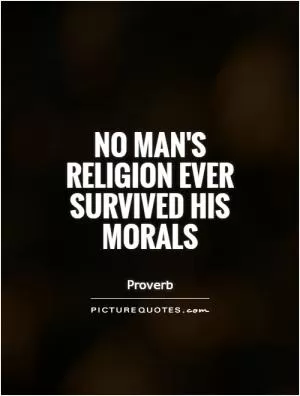

 Friendship Quotes
Friendship Quotes Love Quotes
Love Quotes Life Quotes
Life Quotes Funny Quotes
Funny Quotes Motivational Quotes
Motivational Quotes Inspirational Quotes
Inspirational Quotes